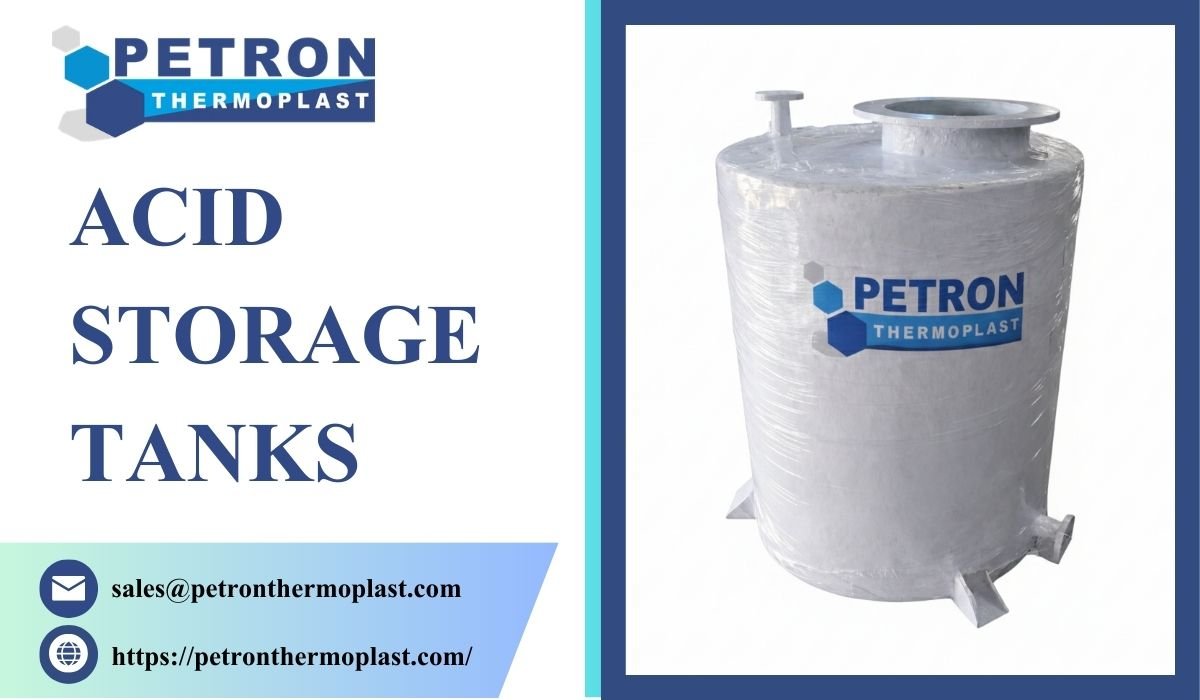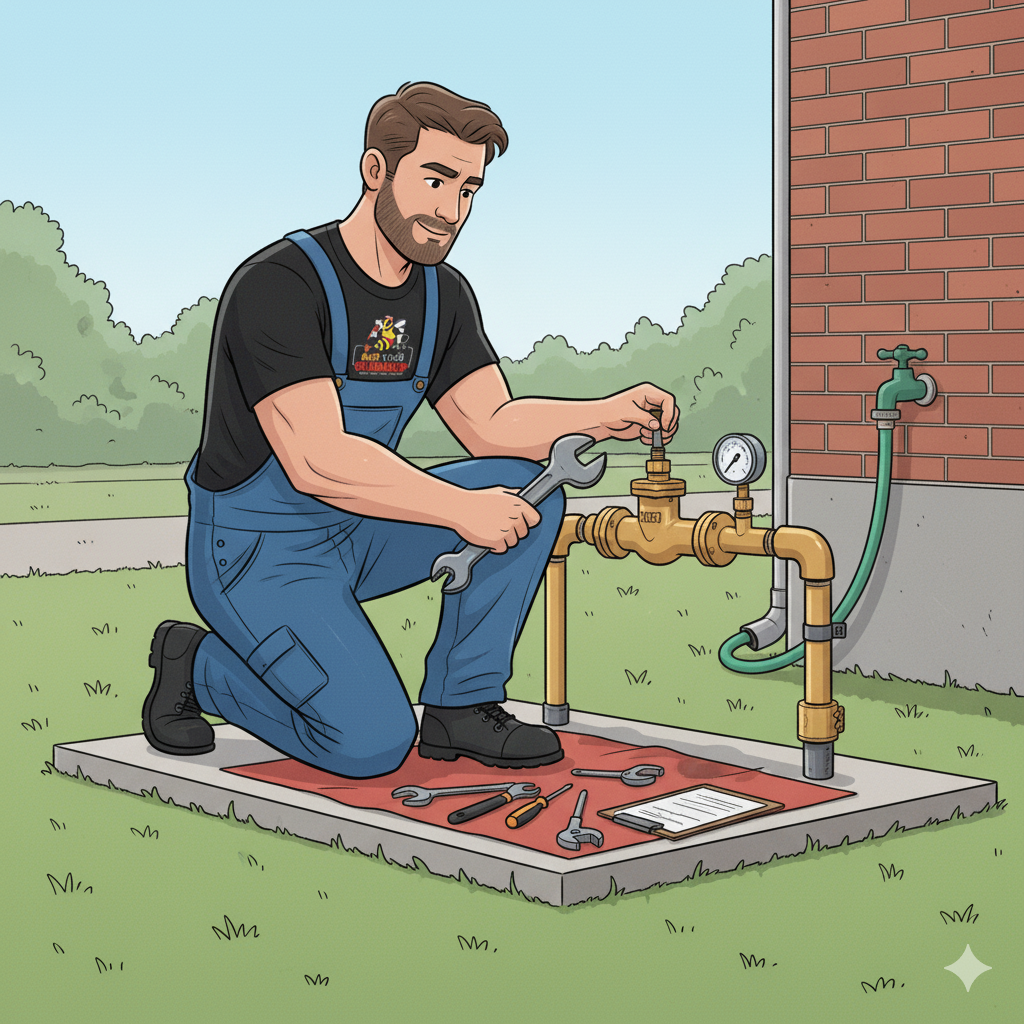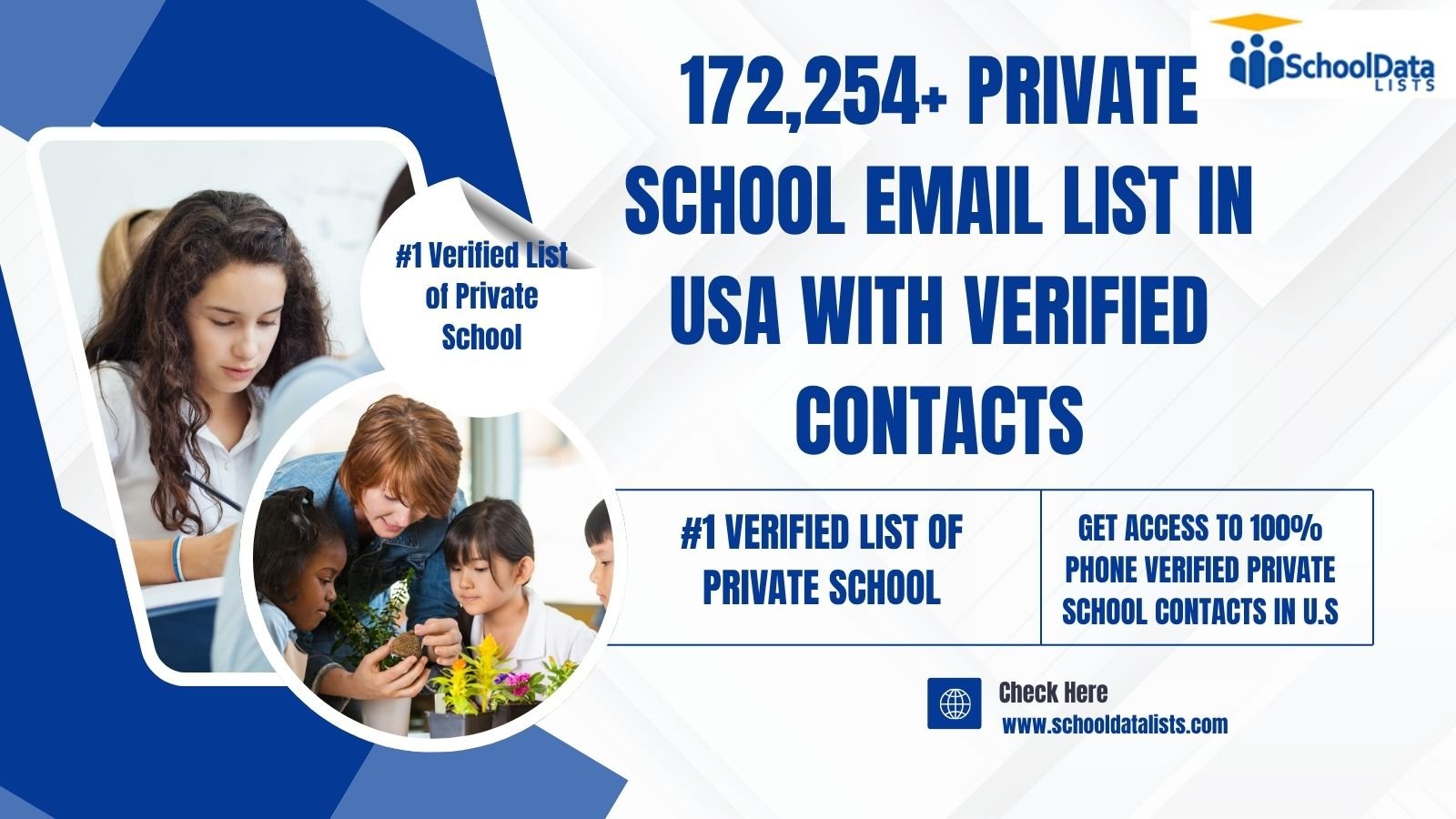Solar panels are an excellent way to harness the power of the sun and reduce energy bills, but sometimes they don’t perform as expected. If you’ve noticed a drop in energy output or are concerned about your system’s efficiency, several factors might be at play. Below are the top reasons why your solar panels may not be working efficiently, and what you can do to fix them.
1. Dirty Solar Panels
One of the most common reasons for reduced efficiency in solar panels is dirt and debris accumulation on the surface. Dust, bird droppings, leaves, and other environmental pollutants can block sunlight from reaching the solar cells. In areas with heavy dust or pollen, it’s essential to clean your panels regularly to ensure optimal performance.

2. Shading
Shading can significantly reduce the efficiency of your solar panels. Even partial shading on the panel can lead to lower energy production, especially during peak sunlight hours. Trees, buildings, or even dirt on the panel can cause shading and decrease output. It’s important to regularly inspect your panels to ensure they are free from shading obstructions.
3. Faulty Inverter
The inverter is the device that converts the DC (direct current) electricity produced by the solar panels into AC (alternating current) electricity used by your home. If the inverter malfunctions or is outdated, it could prevent your solar energy system from working efficiently. Check for error messages on the inverter’s display or consult a professional to assess whether it needs repair or replacement.
4. Wiring or Connection Issues
Loose or faulty wiring and connections can disrupt the flow of energy from your solar panels to your home. Over time, wires may corrode or connections can loosen, causing a drop in energy production. If you suspect wiring problems, it’s best to contact a professional to inspect the system.
5. Age of Your Solar Panels
Solar panels typically last for 25 to 30 years, but their efficiency gradually decreases over time. If your panels are approaching the end of their expected lifespan, their energy production might not be as efficient as it was when they were new. This doesn’t mean you need to replace them immediately, but it’s something to keep in mind when considering long-term performance.
6. Extreme Weather Conditions
Extreme weather events such as heavy snow, hail, or high winds can affect the performance of your solar panels. Snow accumulation, for example, can cover the panels and block sunlight. Additionally, storms or high winds can cause physical damage. Regularly inspect your system for any weather-related damage and remove snow or debris as needed.
7. Incorrect Installation
Improper installation of solar panels can cause a variety of issues, from poor wiring to the panels being angled incorrectly. If your solar panels were not installed according to the manufacturer’s guidelines, it could lead to decreased efficiency. A professional solar installer should assess the setup if you believe this is the case.
8. Inadequate System Sizing
If your solar panel system is too small for your energy needs, it may not generate enough power to meet your expectations. A system that is poorly sized will not perform efficiently, even if it’s in good working condition. It’s important to have a system designed to meet the energy demands of your home.
9. Software or Firmware Glitches
Modern solar energy systems often come with smart technology and software that helps monitor the performance and output of the system. Occasionally, software glitches or firmware issues can affect the system’s reporting and cause misinterpretations of performance data. Ensure that your system is updated with the latest firmware and software for optimal performance.
10. Poor Quality Panels
Not all solar panels are created equal. Low-quality or budget panels may not perform as well as premium options. While they might seem cost-effective upfront, cheaper panels can degrade faster, have lower efficiency ratings, and often come with shorter warranties. If you’re experiencing performance issues and your panels are on the cheaper end, it might be worth considering an upgrade.
Conclusion
Maintaining solar panel efficiency requires regular attention and care. By addressing the common issues listed above, you can ensure that your solar system is working at its peak performance. If you’re unsure about diagnosing or fixing these problems on your own, it’s always a good idea to consult with a professional solar technician. By doing so, you’ll maximize your solar investment and enjoy reliable, eco-friendly energy for years to come.







Leave a Reply